RCE Jammu

 Overview
Overview
The State of Jammu and Kashmir in the north-west Himalaya in India with an area of 1,38,214 km2 comprising the uppermost drainage of Indus, Jhelum, Middle Chenab and Western Rabi exhibits great contrast in relief features, climate, soil and vegetation within comparatively narrow geographical spread. The climate of lower plains of Jammu and Kashmir that merges with plains of Punjab is sub-tropical. The climate is predominantly sub-tropical in the main Shivaliks. The climate in the region covering upper reaches of Pir-Panjal forming the main mountain backdrop changes from sub-tropical in the lower reaches to moist-temperate in upper reaches. The climate of Kashmir Valley (bordered between the Great Himalayas and the Pir-Panjal is dry temperate. The great Himalayan range: the innermost line of high mountains with Ladakh situated in trans-Himalayan zone is a cold desert and experiences sub-zero winter temperature.
The Shivaliks, locally known, as ‘Kandi’ comprise of piedmont deposits made of boulder and pebbles, gravel and sand with minor clays mixed in varying proportions. One of the characteristic features of the area is the stream called choes or khads, which remain dry for most of the year. Though total rainfall is high (average 1000-1500 mm.), but its distribution is very erratic resulting in frequent droughts. This area is subject to soil erosion due to undulating topography, steep slopes, poor vegetative cover (scrub forest) and coarse to medium texture of the sedimentary material. Shivalik hills consist of highly erodible sand stones, conglomerates, siltstones and shales.
The uncontrolled deforestation and overgrazing in the past has resulted in the reduction of vegetative cover and accelerated erosion in the Shivaliks. The area experiences paucity of water for plant growth due to excessive run-off, high evaporation especially during summer, unpredictable and erratic rainfall. The eroded material from Shivalik hills, brought down by the seasonal rivulets (choes) is deposited in the sloping piedmont plain and also in the area around choes. The repeated deposition of coarse sediments renders these areas comparatively low in agricultural productivity.
Shivaliks in Jammu region has the majestic heights of its snow-capped mountains, green meadows, enchanting lakes and lush green forests. The region offers some of the liveliest scenic beauty across Shivaliks. The population of the region is most sparse in hills with high density in low-lands urban areas. Being hilly and rural characteristics, the occupational distribution of the region is biased in favour of agriculture and allied activities. The region is richly endowed with forests and mineral resources like coal, lignite, copper, lead, zinc, cobalt, limestone, bauxite, borax and precious stones. It has huge potential of horticulture and floriculture, which contribute immensely to financial strengthening of the region and provide livelihood to masses and help alleviate poverty.
The disadvantaged location, remoteness and isolation from major markets, scattered population, lack of economic infrastructure and ongoing violent conflict poses serious developmental challenges in the region. There is limited diversification in production activities due to the small size of domestic market, which offers a challenge to planners in tackling the numerous problems of economic backwardness in the region. There are numerous scenic tourism spots of attractions and comfortable weather. There is also huge tourism potential due to the existence of shrines, temples and cave temples, which have strong backward and forward linkages for income and employment generation. Shivaliks has always been characterized as a relatively backward economic region due to predominance of agriculture, low urbanization, inadequately developed infrastructure, widespread illiteracy, high birth rates and low levels of investment. However, there is a wide scope for development in region which could help the region break free from its current economic stagnation.

Photo credit: RCE Jammu
Vision:
To promote an inclusive, innovative and sustainable knowledge society through education for sustainable development to respond effectively to current and future challenges in the socio-cultural, economic, and environmental spheres using relevant, quality and interdisciplinary research, education, training and lifelong learning.
To be a leading regional centre of excellence focusing on training, research and consultancy specializing in advancement of sustainability, human resource development, technological development and innovations by fostering knowledge, skill development and education for sustainable development.
Goals and objectives:
The main aim is to empower the society through creating grassroots education for sustainable development professionals, enhancing the sustainable development competencies, orienting vision, values and leadership in governance of education for sustainable development and engaging in trans-disciplinary network focusing on education for sustainable development research and policy advocacy.
The main long-term objectives of the RCE Jammu will be:
- To develop a well-integrated and independent interdisciplinary approach in a complex scenario of socio-cultural-economic-environment development and policy analysis focusing on education for sustainable development;
- To explore partnerships with the relevant players – government and non-government, industry, educational and media stakeholders, local communities and other major research, training, extension and consultancy agencies working in the field of education for sustainable development;
- To focus on use of interdisciplinary teams and partner-oriented research focusing on education for sustainable development and strategies and to conduct analyses to guide development of policies that deliver socio-cultural-economic-environment benefits within sustainable ecological frameworks; and
- To undertake policy analyses, training, extension and consultancies and research programmes focusing on education for sustainable development with an aim to transfer research findings into the policymaking and the goal for financial self-sufficiency of the RCE.
Other long-terms objectives of the RCE will be:
- To develop partnerships with leading regional, national and international universities and institutes for providing high quality training, research and consultancy to government, non-government and community organizations including research and student community to enhance the societal relevance of education for sustainable development;
- To provide opportunities for learners at various levels by introducing customized education, training and skill development courses, utilizing partners expertise through research or mentorship, organizing academic, research and community events and providing research, training and education opportunities focusing on education for sustainable development;
- To enhance the learners and trainees experiences and capabilities for work and life and to actively support them to engage with the educational, social and cultural life through delivery of diverse services focusing on education for sustainable development such as academic support services, careers and professional development opportunities including leadership, and the practice-integrated learning activities for a range of experiences and environments to engage learners with practitioners and professionals;
- To conduct regular sustainability, human resource development, technological advancement and innovation related events and workshops covering all areas of education for sustainable development by focusing on providing the necessary knowledge and skills to live a more sustainable life and to promote and support the development of innovative technologies and human resources to enable a prompt transition to sustainable society through education, lifelong learning and workforce development;
- To influence policies on education for sustainable development and lifelong learning and cooperate and collaborate with academics, institutions and national and international NGOs through advocacy work, providing resources, offering information, establishing networks with relevant stakeholders including universities, creating a community of trainers and researchers, and develop in-service trainings to increase adult education professionals' knowledge;
- To impart undergraduate and graduate courses on the topics of sustainability including human resource development, technology development and innovation in general and sustainability economics, climate change and sustainability, renewable energy management, technology and sustainable development, energy and environment, modern bio-energy technology, environmental and natural resources management, economics of climate change, environment law and policy, environmental governance, water governance and institutions, participatory resource governance, etc in particular;
- To adopt unique interdisciplinary approach to education for sustainable development involving team teaching by drawing faculty from a variety of disciplines and to design a series of courses from the sustainability sciences, human resource development, social sciences, business, management and communication;
- To focus on innovative, problem-solving, critical thinking and creativity by research and inspiring learning environments, imparting knowledge of cutting edge practice informed by the future needs of society, academics and community partners, developing the next generation of professionals and researchers for education for sustainable development who can lead global society, committing to practical innovation and to the development of impact-driven research that benefits the broader community, helping shape the world we live in, and contributing to transition to a sustainable society through scientific excellence in a multi-disciplinary environment; and
- To establish and promote multidisciplinary groups such as Environment Governance Group, Innovation and Emerging Technologies Group, Sustainable Energy Resources Group, Interdisciplinary Research Group, Sustainable Societies Group, Sustainable Business, Innovation and Entrepreneurship Group, etc.
Besides above the short-term objectives of the RCE will be:
- To establish itself as integral to the ongoing development process to education for sustainable development – the natural resource management based on broad ecological understanding of environment and development that provides long-term social and economic benefits to society.
- To focus on developing strategies and tools to promote ecological, economic and social sustainability;
- To develop better monitoring and evaluation tools and indicators of sustainability and to assist social scientists, environmental scientists, advanced practitioners and government and non-governmental functionaries in satisfying national, regional and local demands for environmental concerns;
- To emphasize on policy analysis and dissemination of the research findings to the policy-makers, and both networking and research will be aimed at capacity building in education for sustainable development of local practitioners and rural communities.
- To establish its links with international, national and regional training, extension, consultancy and research organizations to promote training, extension, consultancy and research-management linkage in education for sustainable development;
- To strengthen the interdisciplinary research environment and involve more committed partner networks to ensure that education for sustainable development remains strongly knowledge-based and responsive to innovation in the area of sustainability;
- To give high priority on transferring knowledge and techniques into education for sustainable development;
- To evolve into a regional independent think-tank research institute that will provide the science and innovation to sustain environment and development and livelihoods of the communities;
- To focus on cooperation from a wide range of disciplinary specialties (natural sciences, social sciences and engineering) and to evolve and operationalize an integrated participatory environment management and sustainable development approach based on communities priorities;
- To build expertise in education for sustainable development research with a core thrust in using this knowledge for improved management of natural resources and to generate ecological, social and economic benefits to the rural poor;
- To evaluate the social and economic and environmental effects of natural resource management including forest management, common property resource management, water resource management, waste management and its implications for rural livelihoods;
- To develop area specific strategy to safeguard social, economic and ecological benefits without having significant negative effects on the rural livelihoods and environment;
- To expand its partnerships with rural communities through community based organizations and NGOs and to develop a research linkage focusing on sustainable and integrated natural resource management with a view to provide new institutional options that incorporate local communities rights, interests and needs into sustainable management of environment and development; and
- To expand its efforts in knowledge dissemination through publications, workshops, seminars and conferences and other events and strategic partnerships with national, regional and local agencies.
Department of Economics, University of Jammu, Jammu and Kashmir, India
Name of organisation: National Society for Human Resource Development and Research
Role: Working on school education with special focus on reorienting education curriculum for SD in particular and HRD in general
Contact name: Dr Hari Dutt
Contact email: hariduttshishu@yahoo.co.in
Name of organisation: JK Private schools Coordination Committee
Role: providing platform for the advocacy and the reorientation in J&K of school education by bringing the different stake holders together to achieve SDG’s
Contact name: Balkaran Singh
Contact email: jamwalsnj@gmail.com
 Activities
Activities
- Institutional - Economic Analysis of Water Governance, Conflicts and Cooperation in Indus Sub-Basin of Jammu and Kashmir funded by Indian Council of Social Science Research, New Delhi under the initiative of Ministry of Home Affairs, Government of India, November 2017 – January 2019
- Impact of Kashmir Conflicts on Refugees, Forced Migrants and Displaced Population: A Study of Demographic and Socio-Economic Consequences, Coping Mechanisms and Survival Strategies Adopted by Women, Children and Elderly funded by Indian Council of Social Science Research, New Delhi under the initiative of Ministry of Home Affairs, Government of India, April 2018 – June 2019
- One week summer training programme on climate change and sustainability
- International Conference on Education for Sustainable Development (ICESD)
- One Week Faculty Training Programme on Teaching Sustainability in Higher Education
Completed two Collaborative Research Projects:
1. “The Himalayan Cryosphere: Science and Society”
- Analyzing the role of rural institutions in enabling adaptation to climate change in the agricultural sector in the north-west Himalaya
- Impact of Artificial Glacier Technology on Mitigating Climate Change and Small Farmers’ Vulnerability in Cold Desert of Leh and Implications for Similar Regions of North-West Himalayan States sponsored by Ministry of Science & Technology, Department of Science & Technology, Government of India, New Delhi, April 2013-March 2018
2. Social Exclusion and Achievements of Millennium Development Goals (MDGs) in Scheduled Castes, Scheduled Tribes, and Minority Population of Jammu and Kashmir funded by the Indian Council of Social Science Research, New Delhi, January 2014-December 2015
Completed 40 Modules for MOOCS:
- Developed 40 Modules for MOOCS through UGC, New Delhi on Population and Climate Adaptation for Master Degree in Population Studies under e-PG Pathshala, University Grants Commission, Ministry of Human Resource Development, Government of India, New Delhi, October 2013-March 2018
Seminars and Workshops Organized:
- Conducted National Seminar on Addressing Sustainability and Climate Adaptation in North-West Himalayan States: Insights from Social Sciences on 15-16 February 2018
- One Week Training Workshop on Writing Research Proposals, Papers and Grant Applications for Social Science Faculty and Researchers on 27 April to 01 May 2018
- One Day Consultation Workshop on Reorienting School Education for Tribals in Jammu and Kashmir on 02 May 2018
 Projects
Projects
 Communication Channels
Communication Channels
 Contact Details
Contact Details
fk_sud@rediffmail.com
hariduttshishu@yahoo.co.in
Prof. Falendra Kumar Sudan
Department of Economics
University of Jammu, Jammu
Jammu and Kashmir, 180 006 India


